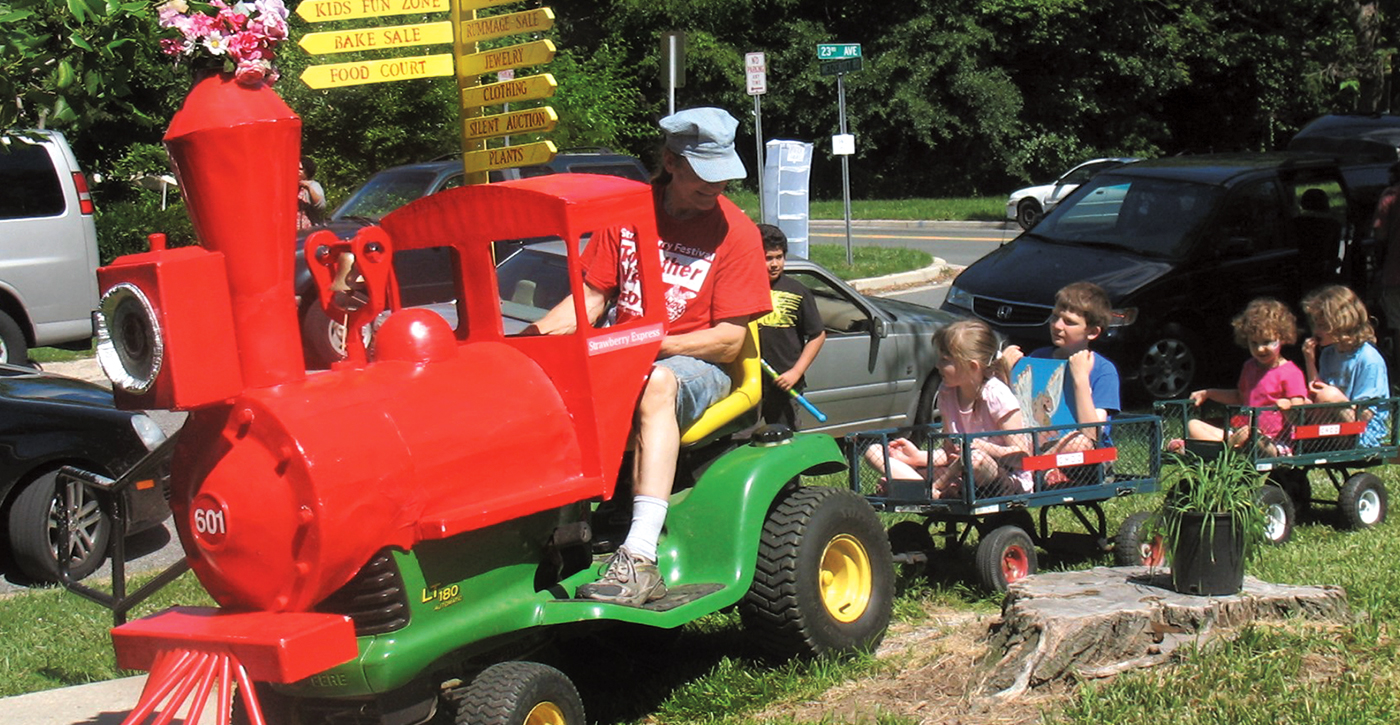I started my career as an educator, teaching second grade at an inner city elementary school in Vallejo, California. My students came from several distinct cultures—Filipino, African American, Latino, East Indian, Japanese, Iranian—and for many of them, English was a second language. The school was more socioeconomically diverse than the schools I went to as a kid, and white children represented a full 20 percent of the population due to creative districting boundaries. (This isn’t true anymore, unfortunately; in the past two decades, there has been huge white and affluent flight out of the community, with consequent economic devastation.)
On April 29, 1992, my second year at the school, the police officers who had assaulted Rodney King were acquitted, and riots broke out in Los Angeles and elsewhere. The next day when I went to my classroom, I didn’t pursue our usual routine, but instead invited the students into a circle on the rug. I talked about what was happening, that King had been assaulted, the assault had been recorded and repeatedly shown on TV, but still the police officers had been acquitted. People were outraged at the injustice and were expressing their anger by rioting, which resulted in many getting hurt. I said my sense was that this was a lot about unfairness, and that many people thought that racism was the reason the police officers had been acquitted.
My students told one another of their own experiences of racism: one girl talked about how the shopkeeper in her neighborhood always watched her whenever she was in the store; another boy talked about getting called names as he walked down the street. Story after story emerged from my sweet seven-year-old students. This stuff was part of the background of their lives. I just listened, asked them what they thought would make a difference. One girl said that being together in such a diverse classroom, staying friends, would make a difference. Francis, a young and very thoughtful boy whose parents were recent African immigrants, came to me weeping. I asked him why he was crying, and he said, “Miss Duncan, my dad thinks the riots are a good thing.” I said, “Francis, maybe he believes if things get bad enough, then things WILL change.”
When Trayvon Martin was murdered in Florida recently, I thought of my students and how much things haven’t changed, how much things have gotten worse in some ways. Incarceration rates have skyrocketed, public schools are being dismantled, and the middle class is shrinking. I thought about how vulnerable my students were and are, and I wondered where they were when they heard about this recent murder. I thought about what I would do differently with them—I understand much more now how important culturally responsive instruction is, how important it is to teach the history of resistance. I understand more about the anger expressed during the riots, how when you come up against dreams deferred again and again, eventually there will be an explosion of grief and rage. I understand how I was taught as a white woman with privilege to disconnect from so many people, to think I was “more than” others; how as a bisexual woman, I was taught that I was “less than.” I understand how I am connected to George Zimmerman’s fear and Trayvon Martin’s mother’s pain. I understand that until all children are safe, no one is really safe.
I work for healing for my son, Simon, as well as for other people’s children. When Simon was a baby just starting to learn to talk, we would ride the train. He would try to make eye contact with each person; he would smile a wide smile and beam at them. If people on the train didn’t respond to him, he would wriggle and try until he could get them to smile. This instinct for human connection, truly, is our birthright. Though we are expressed in beautifully diverse earthen vessels, I believe that we are made of stardust and spirit and, ultimately, we are one. And, as my Kenyan friend John Lomuria says, “What are we here to do but feed our brothers and sisters?”




[…] Back in November 2012, Lucy Duncan, the Friends Liaison at American Friends Service Committee, wrote a reflection for Friends Journal called Why I Work for Social Justice and Healing: […]